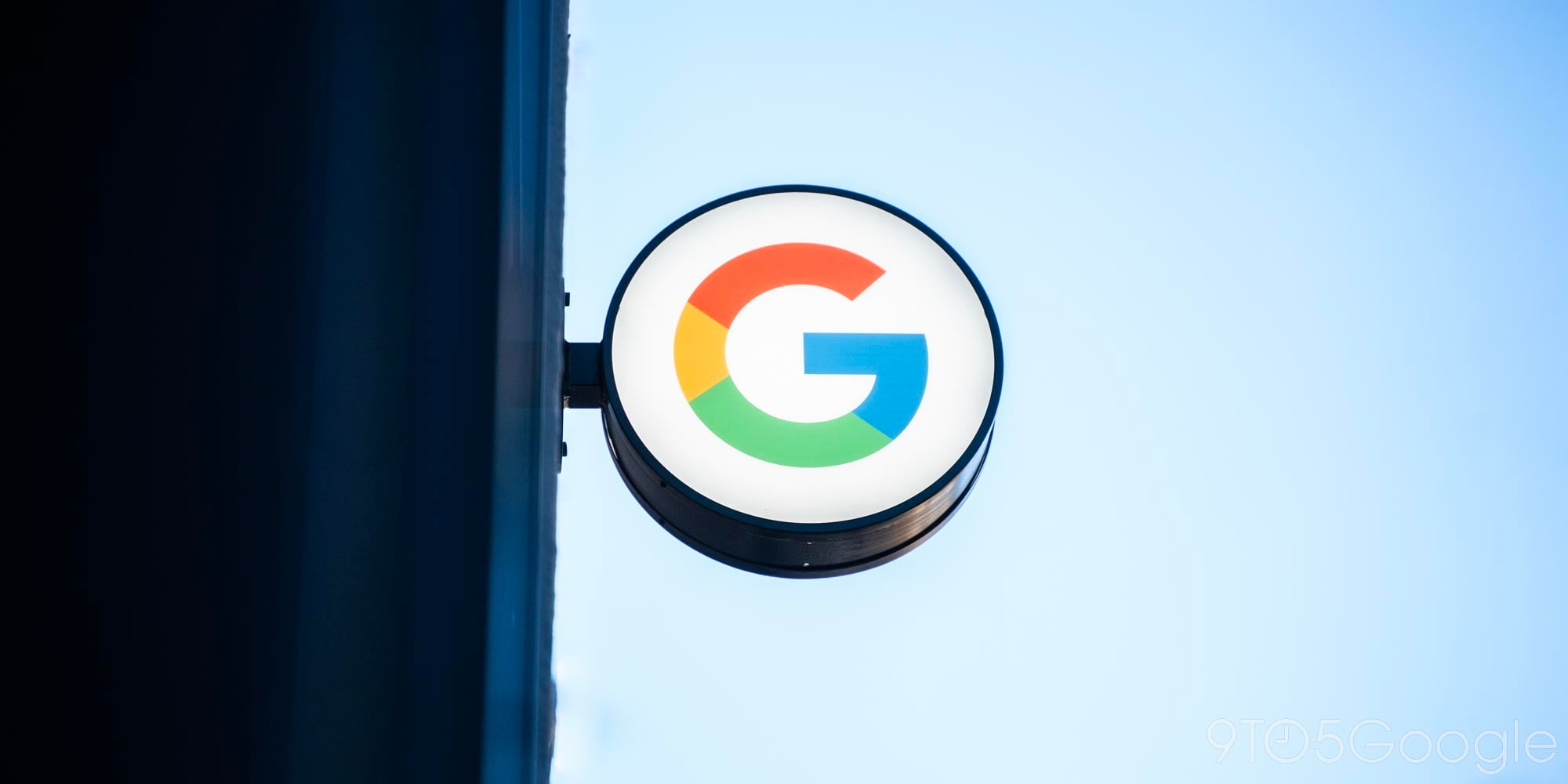
Last November, Google brought together all of its teams working on health under one division. Google Health has its own leader and is organizing both Google’s and Alphabet’s approach to the very important field. It’s been in the news this month for Project Nightingale, and Google is officially detailing its mission today.
According to head Dr. David Feinberg, Google Health’s mission is to “help everybody live their healthiest life.” It’s an extension of the broader company’s original mission, and something Feinberg believes that Google has long already been doing.
When you need information about medical conditions, directions to the nearest hospital, reminders to take medicine, or help with measuring your fitness progress, you might ask Google for help. We do our best to provide the most accurate and helpful information across services like Google Search, Maps, Assistant, Fit and WearOS Smartwatches.
Those areas are all something that consumers might interact with everyday. However, Google’s a big company and their health push also includes leveraging artificial intelligence and the enterprise.
Specifically, hospitals, providers, and the systems used for managing patient data. The division has been in the news due to what was originally reported as Project Nightingale. Google later clarified that it’s essentially just moving health provider Ascension’s patient records to the cloud.
As part of this mission, Google is building “Patient Search” to bring together health records stored on disparate systems, and make them searchable:
So when your doctor is looking for something, you know, did you have that Pneumovax? Did you have an MRI? How did you have a response to that medicine before? We will pull up all that information from your record, so that your doctor can spend more time with you, looking at you instead of looking in the computer.
Closely aligned with Google Cloud, this immediate Google Health effort helps doctors and nurses “deliver better care.” This includes “speeding up the detection of issues and treatment of patients.” It’s also “investigating how artificial intelligence may help spot the earliest signs of disease or potential harm.”
These tools improve outcomes, reduce costs and enhance both patient and clinician experience. In the future, we’re exploring how we can help clinicians by better organizing the complex information they rely on to make important care decisions.
Privacy is a big concern when it comes to care, and something Google Health is being explicit about, given the broader company’s adverting business. In the case of Ascension, “patient data cannot be used for any other purpose than for providing our services.” Additionally, customer data is encrypted, and strict controls are in place for employees.
FTC: We use income earning auto affiliate links. More.




Comments